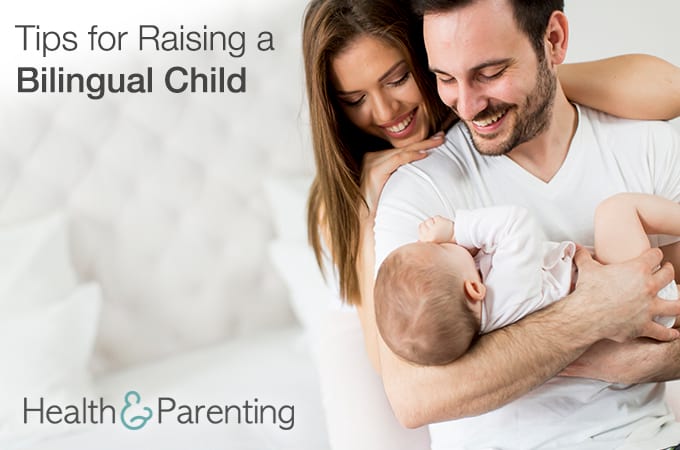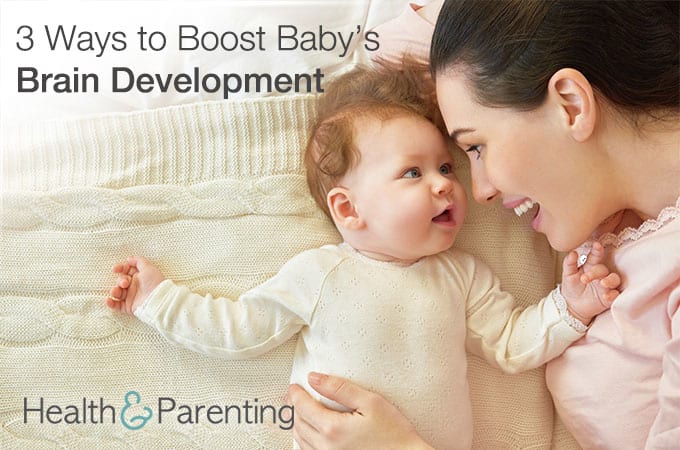Children raised in bilingual homes are at an advantage when it comes to learning to speak. The earlier your child is introduced to a second language, the faster she will pick it up. In this global world, there are many benefits to speaking two or more languages. Most importantly, it will allow your child to communicate with her extended family and friends who speak another language. Raising your child to speak two languages can actually alter her brain development for the better. If you’re thinking about raising a bilingual child, here are some top tips to help you get started:
- Do your research
There are plenty of books, blogs and articles out there full of advice that could help you on your journey. There are also plenty of on and offline support groups filled with parents on the exact same journey as you. The more research you do, the better prepared you’ll be when raising a bilingual child. Read the books, sign up to the blogs and join the parent support groups to help make this journey a little easier.
- One parent, one language
Many families create a bilingual home environment by having each parent talk to the child in a different language. Whilst dad might speak to your baby in English, you yourself may speak Spanish. Consistency here will aid the development of your baby’s language skills. Of course, your baby will hear English frequently outside the home, but if you commit to always communicating in Spanish, this will help your baby to begin to understand both languages.
- Frequency
In order to truly become bilingual, your child will need to hear both languages frequently. This means you can’t isolate one language to just an hour a day, both must be used frequently to give your baby the best chance at a bilingual start in life.
- Connect with other families
Rest assured, you are not the only bilingual family in your local area. Look online for other bilingual parents to connect with. Setting up play dates with other bilingual families gives your child yet another chance to strengthen his language skills. Search online for a bilingual baby group in your local area. If you can’t find one, consider setting one up. All you need is a space to meet (it could even be your local park), a few toys and a handful of other families to meet up with. This will give your child another opportunity to see interactions in other languages.
- Use resources
Even at a young age, babies love having bedtime stories read to them. Storybooks provide yet another opportunity for language development, so make sure you have storybooks in both languages. If you’re trying to teach your child Spanish, reading bedtime stories in Spanish is another great teaching tool. As your baby grows older, you may also want to watch Spanish speaking television shows together and use Spanish preschool apps to learn language skills.
Are you currently raising a bilingual child? Do you have any tips to share with other parents?
Written by Fiona (@Fiona_Peacock), mother, writer and lover of all things baby related.
This information is not intended to replace the advice of a trained medical doctor. Health & Parenting Ltd disclaims any liability for the decisions you make based on this information, which is provided to you on a general information basis only and not as a substitute for personalized medical advice. All contents copyright © Health & Parenting Ltd 2016. All rights reserved.











